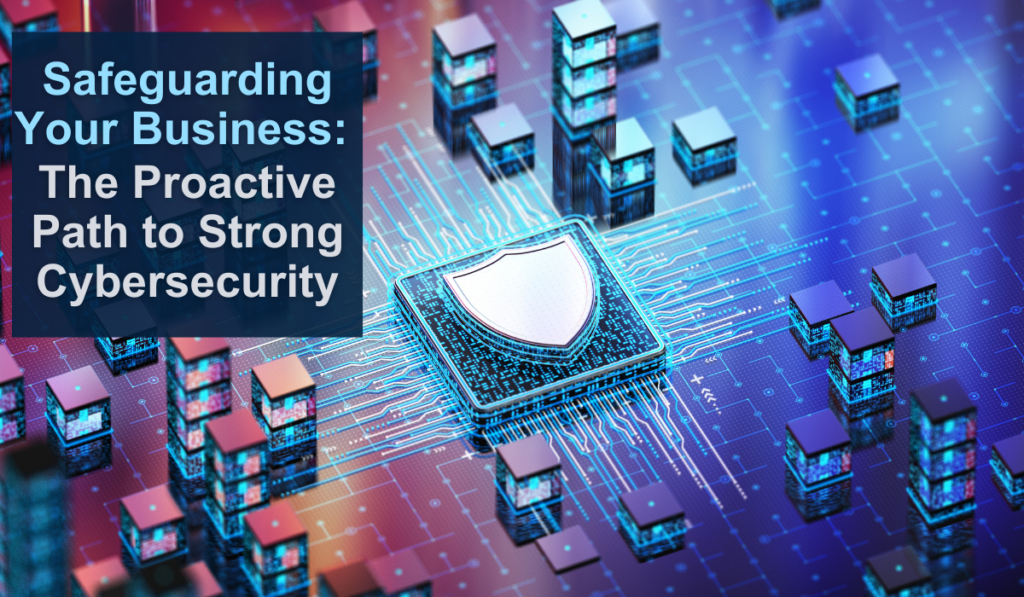In an era where our lives are increasingly intertwined with the digital world, the importance of staying safe online cannot be overstressed. The Internet, while a hub of information and connection, is also rife with potential dangers. From phishing scams to identity theft, the average user faces numerous threats. This article aims to arm you with practical tips to enhance your online security and awareness of common scams, helping you navigate the digital world with confidence.
Understanding the Risks
Before diving into safety measures, it’s crucial to understand the risks, learning how to identify scams is incredibly important. Two prevalent online scams are:
- Phishing Scams: These occur when scammers impersonate legitimate entities to steal sensitive information (Common ones include McAfee or Adobe). They often use emails or fake websites to trick users into providing personal details, such as passwords or credit card numbers.
- Tech Support Scams: Scammers pretend to be tech support from well-known companies (Like Microsoft or Google) and claim to find non-existent computer issues. They then persuade victims to pay for unnecessary services or software.
-
- Tech support scams can also include those webpages that express “Your data is compromised! Please call this number to safeguard your computer” or something along those lines. Pictured below is the general format for one of these scams.

Staying Safe: General Tips
- Strong, Unique Passwords: Yeah, yeah, I know. It’s not like we haven’t been saying this every other day for 20 years, but it bears repeating because it really is that important. Naturally, this includes never giving your password to anyone you don’t implicitly trust.
-
- Password managers are a massive help in both creating and maintaining a secure presence online. Even using Google’s built-in password manager to create unique alphanumeric passwords is infinitely better than re-using that password you’ve had for 6 years, but keep adding numbers to the end of.
- Regular Updates: Keep your software, including antivirus programs, up to date. Updates often include security patches that protect against newly discovered vulnerabilities.
-
- Now, this advice does not include drivers. Drivers are important to update, of course, but only if there’s a problem. These are a common vector for malware, as you have to go out to find something new to download, as opposed to existing software on your computer, that updates within the program itself. As such, we strongly recommend that you do not worry about driver updates, unless there’s an actual problem. In which case, please reach out to us, or some other reputable computer support service, for assistance.
- Secure Connections: Another seemingly obvious one, sure. You may be surprised to learn how many people access their bank account(s) on public, shared, Wi-Fi. Please don’t do that, or access any sensitive information on unsecured (that is, not password protected, or publicly accessible) networks.
- Be Skeptical: If an offer seems too good to be true, it probably is. Practice a healthy level of skepticism, especially with unsolicited emails or offers.
-
- As much as I wish it were true, I don’t think the Saudi Arabian prince wants to send me a million dollars, nor did any of us win an iPad.
- Educate Yourself: Stay informed about the latest online threats. Awareness is a key defense mechanism. Reading all the articles we publish is a great way to stay informed!
Detecting and Avoiding Phishing Scams
- Check the Source: Before clicking on any links in emails, verify the sender. Look for slight misspellings in the email address or domain name.
-
- Support@ABC-online.com is not the same as SupportABC-online@gmail.com.
- Look for Red Flags: Poor grammar, urgent requests for personal information, or threats (like account closure) are common indicators of phishing attempts.
-
- Sure, everyone has an off-day, and we’re all humans that can mess up sometimes. However, these emails are often claiming to be from big corporations like Microsoft, so you gotta ask yourself while reading them if you really think they would employ someone as illiterate as the one who wrote that email.
- Don’t Click, Verify: Instead of clicking on links in emails, visit the official website by typing the URL directly into your browser. Something else you can do is just hover over the link. In Outlook, Chrome, just about everywhere, you’ll see a little text box appear in the bottom left of your screen, showing the full URL.
-
- This link shows google.com, but if you hover over it with your cursor, you should see where it would actually send you.
- Use Two-Factor Authentication: Wherever possible, enable two-factor authentication. This adds an extra layer of security beyond just a password.
- Report Suspicious Emails: If you suspect an email is a phishing attempt, you can typically right click the email, and report it.
Detecting and Avoiding Tech Support Scams
- Legitimate Companies Don’t Cold Call: If you receive an unsolicited call from someone claiming to be tech support, it’s likely a scam. Hang up and call the company directly, using a number from their official website.
- Never Give Control of Your Computer: Never allow remote access to your computer to someone who contacts you unsolicited.
- Do Not Provide Personal Information: Never share personal information, especially financial details, during an unsolicited call.
- Use Trusted Tech Support Channels: Always use official channels for tech support. This might mean initiating support through a company’s official website or helpline.
You are the Most Important Deterrent
Staying safe online requires a combination of vigilance, knowledge, and proactive measures. By understanding the nature of common scams, like phishing and tech support frauds, and adopting practical safety habits, you can significantly reduce your risk of falling victim to these threats. Remember, your online safety is in your hands, and taking these steps will help ensure a secure and enjoyable digital experience. The first line of defense is you.

